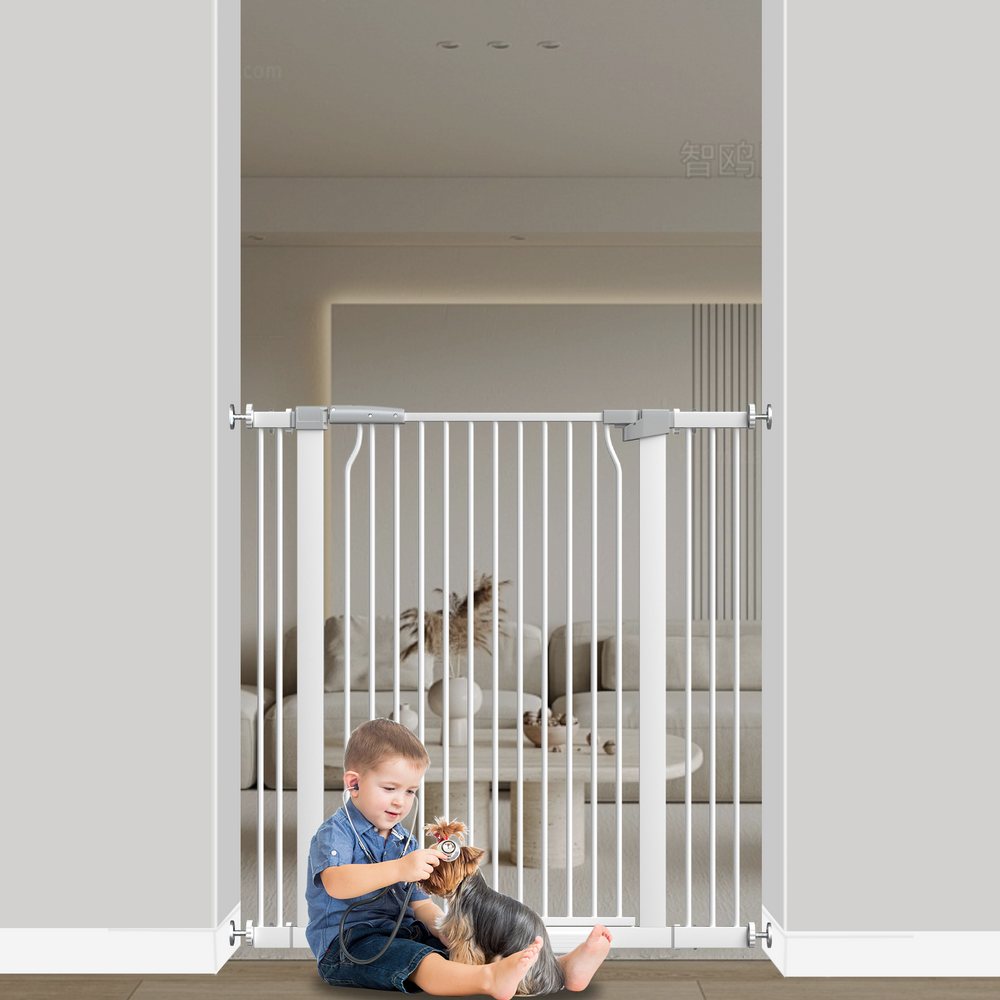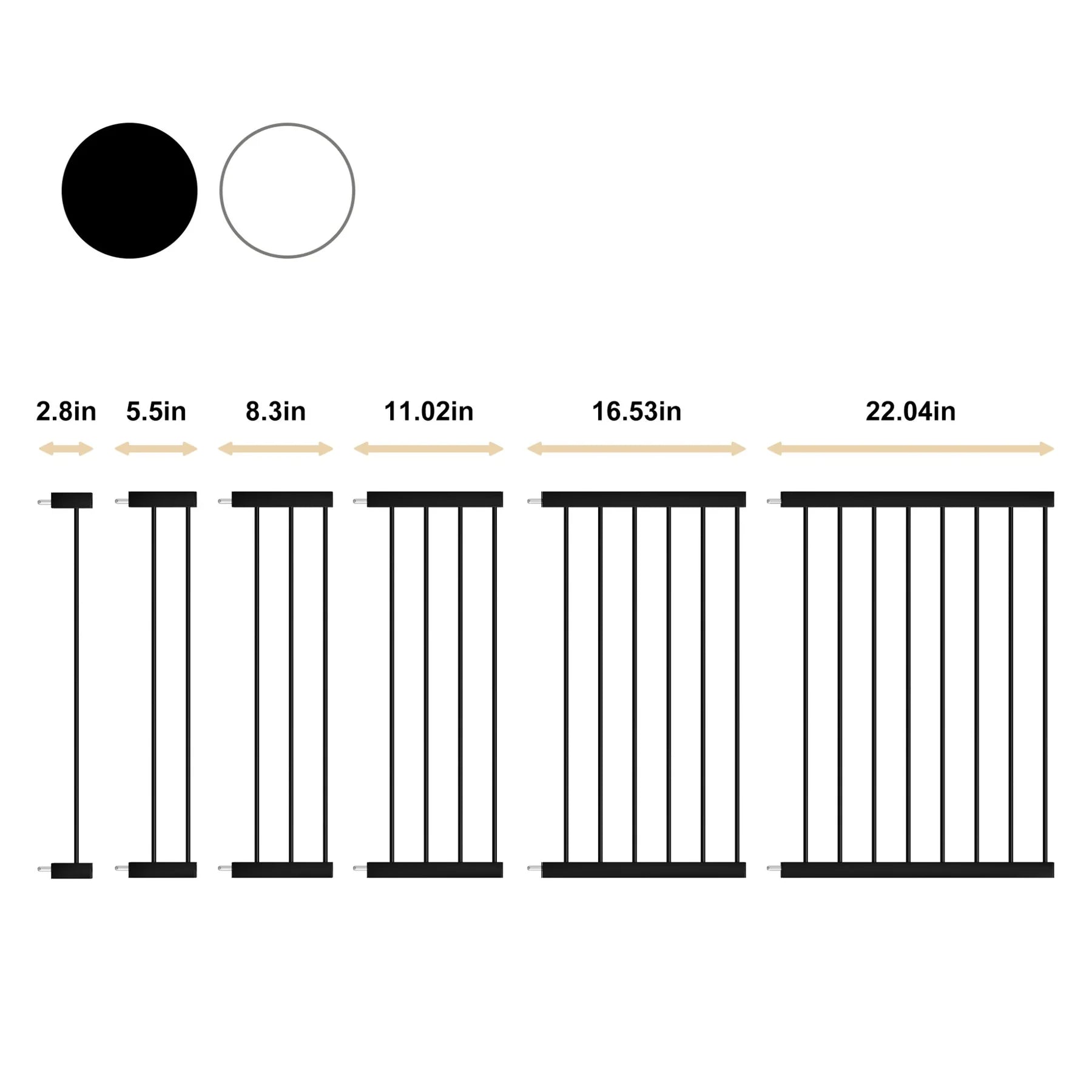How to Spend the Early Days with Your Two-Week-Old Baby
As you embark on the journey with your two-week-old baby, you're stepping into a world filled with heartwarming moments and fresh challenges. The joy of seeing your baby's tiny eyes or feeling their little hand wrap around your finger is incomparable. Yet, this stage can also bring a mix of questions and uncertainties about providing the best care for your newborn.
At two weeks, your baby is going through significant physical and developmental growth. It's a time of learning and adapting for both of you. As a parent, you're picking up skills like deciphering their cries, getting attuned to their sleep patterns, and establishing a feeding routine. It's completely normal to feel a bit overwhelmed.
Understanding what to expect during these early weeks is key. Keep an eye on your baby's sleep habits, feeding needs, and physical milestones. Knowing what's typical and recognizing signs of concern can help alleviate stress. Don't hesitate to reach out for assistance, whether it's consulting your pediatrician or leaning on support from family and friends. Remember, you're not alone on this incredible parenting journey.
Understanding Your Two-Week-Old Baby's Development

Your 2-week-old may appear to be simply eating, sleeping, and needing diaper changes, but there's a lot more happening. During this time, your baby is actively using their brain, engaging in periods of intense observation of their surroundings and drowsy phases when they're either drifting off to sleep or just waking up. By observing carefully, you'll learn to recognize and respond to your baby's various states.
Even though your little one seems completely dependent right now, they're achieving important developmental milestones. One such stride is their ability to focus on faces with their adorable eyes. Speaking of their eyes, it's still early days to determine their permanent color. A baby's true eye color typically reveals itself between 6 and 9 months and can continue changing up until around their third birthday.
Growth Milestones for Your Two-Week-Old Baby

Around this time, your little one is likely to reach a notable growth milestone. Most newborns regain or even exceed their birth weight by the 10th to 14th day, a testament to their feeding progress, whether they're breastfed or bottle-fed.
Some infants, especially those who had initial challenges with breastfeeding, might take a bit longer to gain weight. However, as long as your baby's pediatrician isn't concerned, there's no need for worry on your part.
To support this growth, it's important to feed your baby every two to three hours. Remember, this timeframe starts at the beginning of one feeding session and goes until the start of the next. Keeping up with this feeding schedule ensures your baby gets the nutrition they need for healthy development.
Feeding Your Two-Week-Old
Feeding at two weeks can feel overwhelming, but it's a crucial part of your baby's development. Formula-fed babies typically need 6 to 8 feedings per day, while breastfed babies may nurse 8 to 12 times in 24 hours, equating to about every 1 to 3 hours.
It's important to follow your baby's hunger cues rather than a strict schedule. Signs of hunger include putting fingers in the mouth, head turning, or suckling motions. Responsive feeding, as recommended by the Academy of American Pediatrics (AAP), involves recognizing and responding to these cues promptly to avoid distress and crying, which makes feeding harder.
Cluster feeding, especially common in the evenings, is a pattern you might notice. It often coincides with growth spurts, making your baby more wakeful and eager to feed frequently. According to Dr. Poinsett, cluster feeding helps increase breast milk supply for nursing mothers and signals the need for increased feeding volume in formula-fed babies.
Sleep Patterns at Two Weeks
Dr. Burgert points out that it's normal for two-week-old babies to sleep a lot, up to 20 hours a day. However, they're still figuring out the difference between night and day, so expecting long stretches of sleep at night may be unrealistic. Some babies may start sleeping longer at night, but this varies.
If your baby hasn't reached their birth weight, it's essential to wake them for feedings to ensure they're getting enough nutrition. But if they're growing well and sleeping longer stretches, enjoy the rest. Each baby's sleep pattern is unique, so understanding their cues and cries is vital.
Regardless of how long your baby sleeps, it's crucial to ensure they're sleeping safely. They should be placed in a crib or bassinet without extra blankets or pillows, and always on their back. The AAP advises against letting babies sleep in car seats, swings, or baby seats for extended periods.
Essential Care for Your Two-Week-Old Baby
Bathtime
Your baby's first bath is a special milestone, usually ready to happen once the umbilical cord stump falls off. Before this, stick to sponge baths. If your baby seems hesitant about water, don't worry. Gradually, they'll likely start to enjoy bath time. Be patient and keep trying, and remember, this is a new experience for them too.
Umbilical Cord Care
Most babies' umbilical cord stumps dry up and fall off by the age of 2 weeks. If your baby's hasn't, avoid trying to remove it yourself and avoid getting it wet. Keep it dry to aid the natural falling-off process. If you have concerns, it's best to consult your baby's pediatrician.
Diaper Changes
By two weeks, your baby's stools should be transitioning from the initial black, tarry meconium to a more typical yellowish, seedy appearance if breastfeeding, or tan or brown if formula-fed. Expect to change about six wet diapers a day, and be prepared for frequent pooping at this stage.
Having 6-8 diapers ready each day and a good supply of wipes is essential. Setting up multiple diaper changing stations around your home can make life much easier, as you never know when the next change will be needed. Remember, frequent diaper changes are important to keep your baby comfortable and prevent diaper rash.
Work-Life Balance with a Newborn
Juggling work and caring for a newborn requires smart planning. Flexible work arrangements can be a big help. It's essential to prioritize your tasks and manage your time wisely. Also, stress management is crucial. Find relaxation techniques that work for you, like deep breathing, exercise, or engaging in hobbies, and make time for them.
Seeking Support

Tap into the wealth of support and advice available from parenting groups and resources. They can offer understanding and guidance from those who've been in your shoes. Remember, you're not alone on this journey.
Confidently navigate the early days with your 2-week-old by keeping these points in mind. And don't forget to cherish these precious early moments with your baby - they truly do grow up quickly.
Parenthood, though challenging, is a beautiful journey filled with love and growth. Always remember to take care of yourself as you care for your little one. You're doing wonderfully, and support is always within reach.






Leave a comment